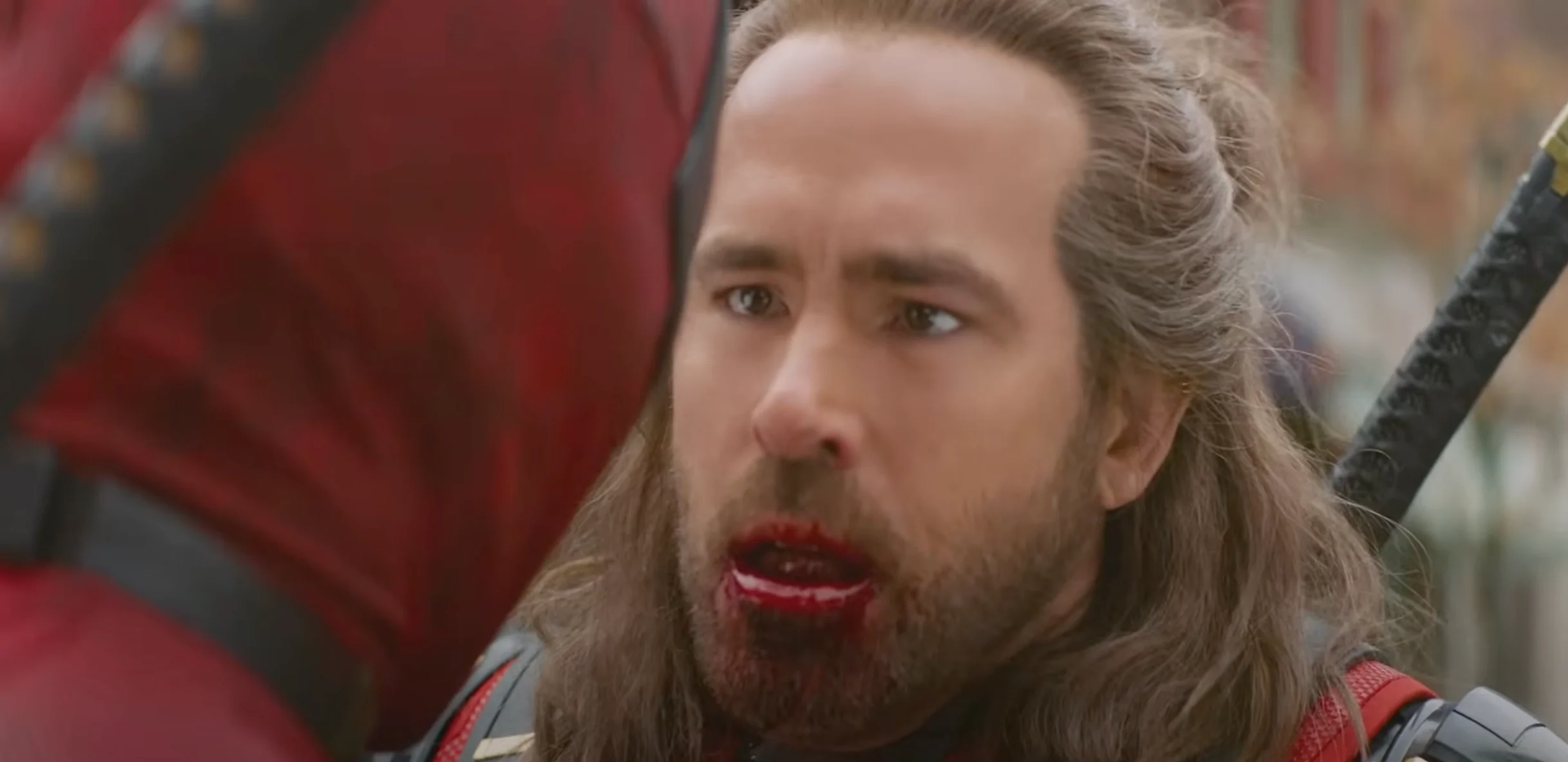
Ryan Reynolds has responded to Justin Baldoni‘s ongoing legal dispute over “It Ends With Us” with a new court filing. The point of disagreement in this case surfaced in an unusual manner. In the recently submitted motion to dismiss, Reynolds’ lawyers directly addressed Baldoni’s concerns about the satirical character “Nicepool” from “Deadpool & Wolverine.” This character, according to Baldoni, is said to have been created to ridicule his public persona as a self-proclaimed male feminist.
Following Reynolds’ legal reasoning, I wholeheartedly support his stance that he neither affirms nor refutes the likeness of the character to Baldoni. Instead, he unequivocally asserts his freedom under the First Amendment to engage in creative parody.

In the world of Hollywood movies, the appearance of “Nicepool” in the second Deadpool installment sparked quite a buzz. The character seemed to be mocking what some might call “enlightened male feminists”, and Dan Baldoni claimed that it was a deliberate attack on him, part of an ongoing effort by Ryan Reynolds and his wife Blake Lively to undermine his professional success.
As stated by Baldoni, “Nicepool” seemed to be a part of an overall strategy designed to tarnish his reputation following the accusations made by Lively regarding inappropriate conduct on set.
In his request to throw out the case, Reynolds’ lawyers maintain that the character in question was intended as satire, and they clearly state that Baldoni’s anger over Nicepool is merely sensitive or thin-skinned, and has no bearing on the law. Reynolds’ team asserts that poking fun at Baldoni’s public persona, regardless of whether it was flattering or not, falls under the protection of free speech guaranteed by the Constitution. They further argue that Baldoni’s complaint essentially boils down to hurt feelings, which does not provide a basis for defamation claims or any other legal action.
More notably, Reynolds’ lawyers emphasize that Baldoni has built his career on projecting himself as a prominent male feminist and activist. His literature, podcasts, and TED Talks predominantly address the transformation of traditional masculinity. Reynolds’ legal team posits that when an individual deliberately creates such a public persona, they become vulnerable to parody and critique, particularly from satirical platforms like the Deadpool movies. In summary, Reynolds’ defense hinges on the idea that satire, even if it’s sharp, does not constitute a basis for a multi-million dollar lawsuit.

The motion additionally states that Baldoni’s court documents never prove any real damages resulting from the Nicepool character. Although Baldoni claims damage to his reputation and emotional distress, Reynolds’ legal team argues that parody, particularly in a superhero film context where it is clearly fictional, does not reach the legal standard for defamation or personal injury.
It’s worth noting that Reynolds’ endorsement of Lively’s claims against Baldoni on set is distinct from the satirical aspect of Nicepool, as per his team. They clarify that the character was not part of an organized strategy, but rather a creative choice made in line with the humorous and irreverent vibe of the Deadpool series.
Despite the motion to dismiss, Baldoni’s legal representative remains unfazed. In response, Bryan Freedman, in a statement issued later, alleged that Reynolds is still misusing his Hollywood power to intimidate Baldoni and the Wayfarer Studios team. He implied that Reynolds’ public ridicule extends beyond satire and has tangible effects in the real world.

According to Freedman, Mr. Reynolds may show up on numerous comedy programs attempting humor about his present predicament, but we won’t rest until he faces the consequences of his actions.
In the escalating legal dispute, the character from Nicepool serves as a symbol for broader cultural conflicts, particularly concerning the limits of parody and satire before stepping over legal boundaries. For now, Reynolds is optimistic that Nicepool falls comfortably within the realm of free speech; however, it’s yet to be determined whether the court shares this viewpoint.
Read More
- Gold Rate Forecast
- PI PREDICTION. PI cryptocurrency
- SteelSeries reveals new Arctis Nova 3 Wireless headset series for Xbox, PlayStation, Nintendo Switch, and PC
- Masters Toronto 2025: Everything You Need to Know
- WCT PREDICTION. WCT cryptocurrency
- Guide: 18 PS5, PS4 Games You Should Buy in PS Store’s Extended Play Sale
- LPT PREDICTION. LPT cryptocurrency
- Elden Ring Nightreign Recluse guide and abilities explained
- Solo Leveling Arise Tawata Kanae Guide
- Despite Bitcoin’s $64K surprise, some major concerns persist
2025-03-21 00:56